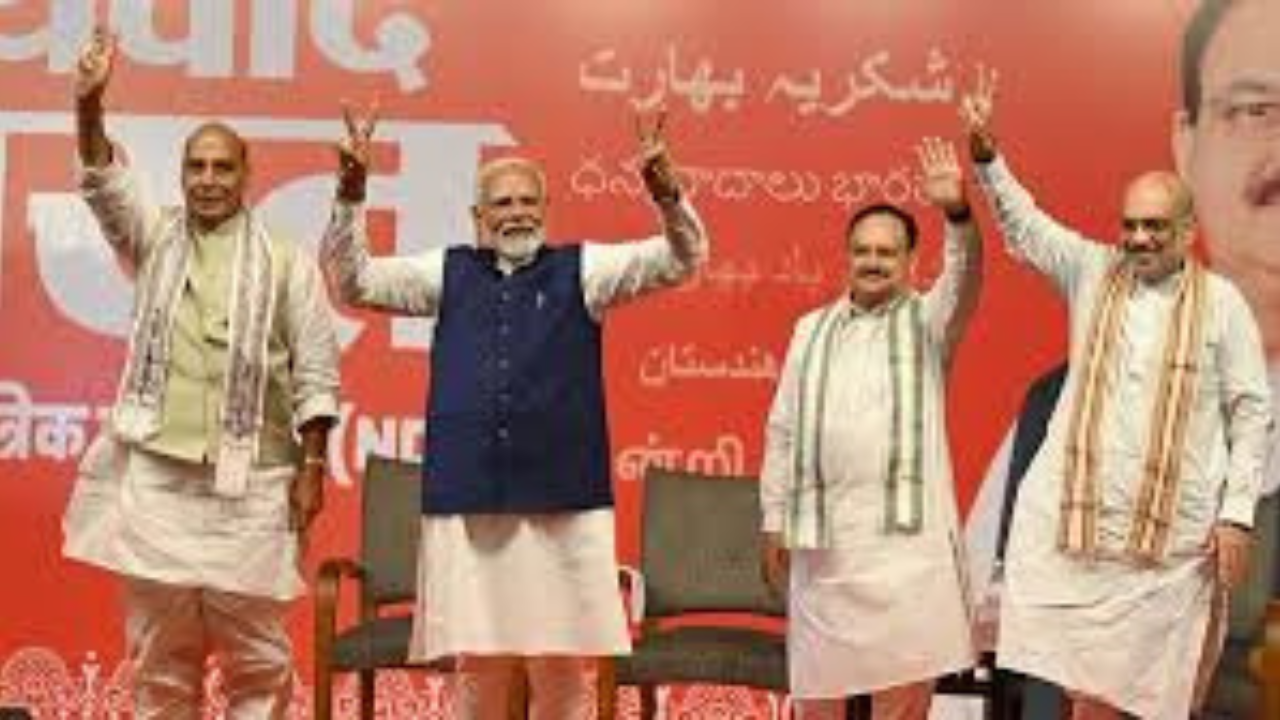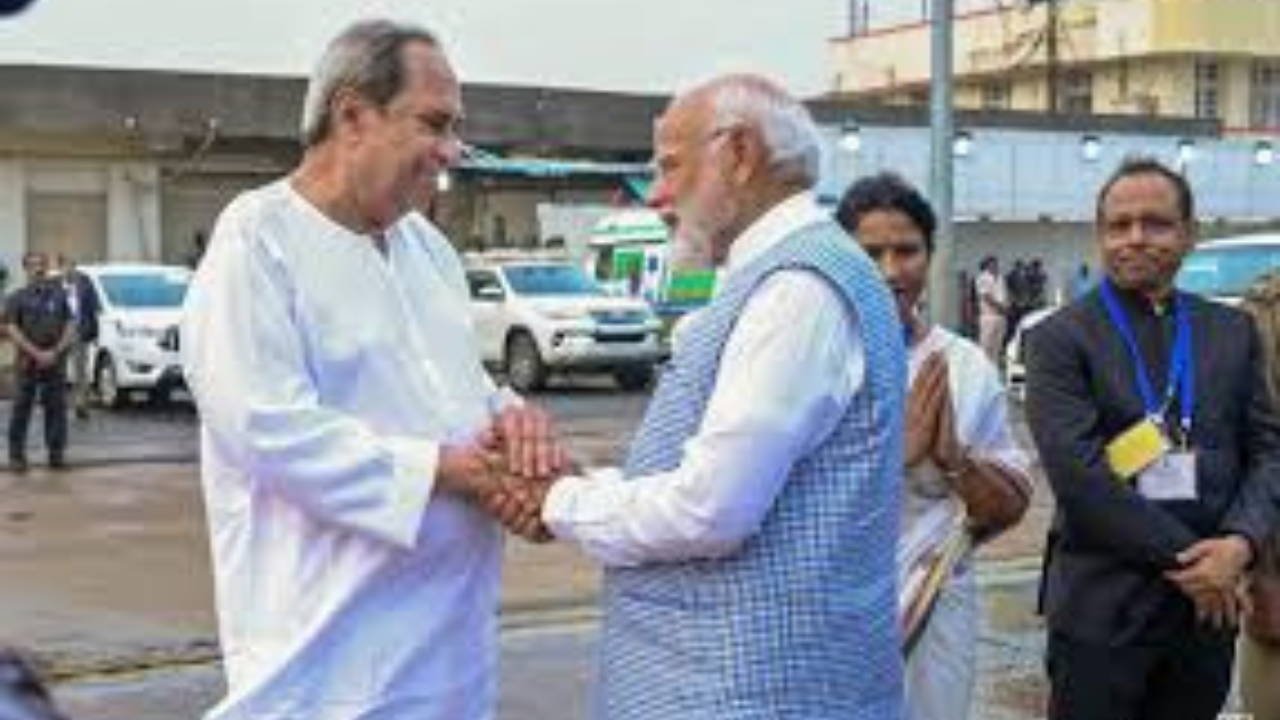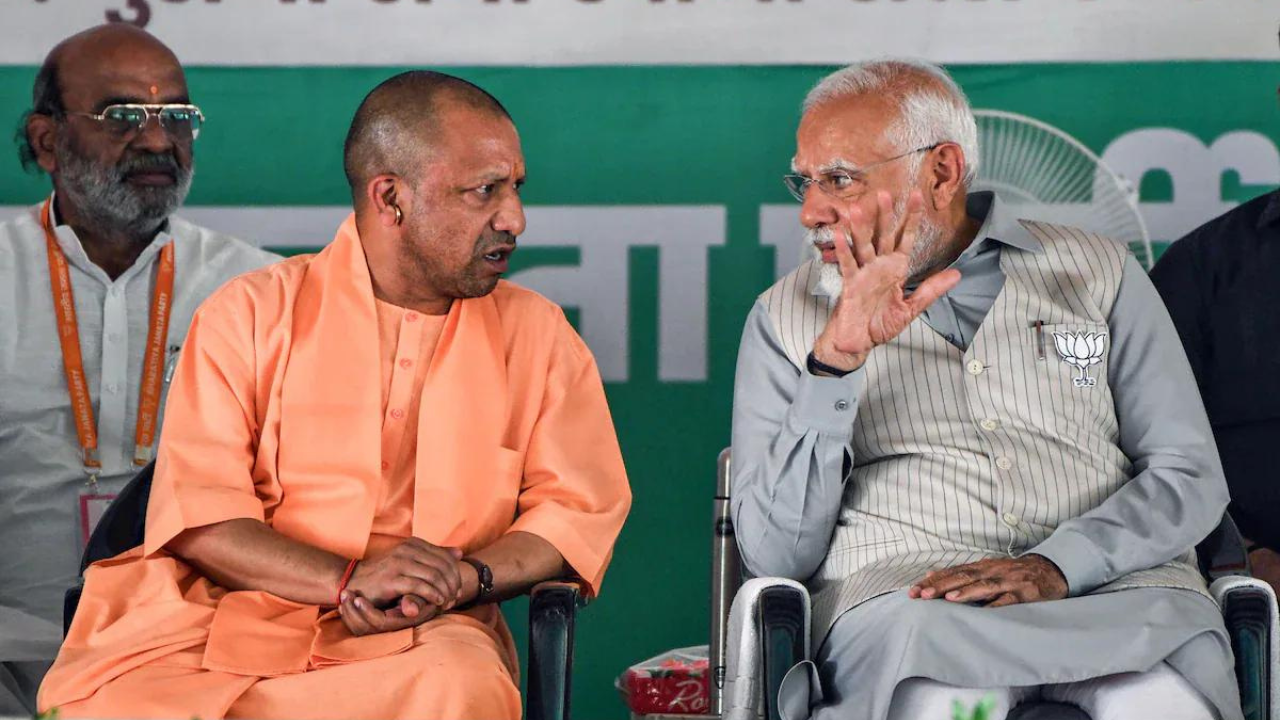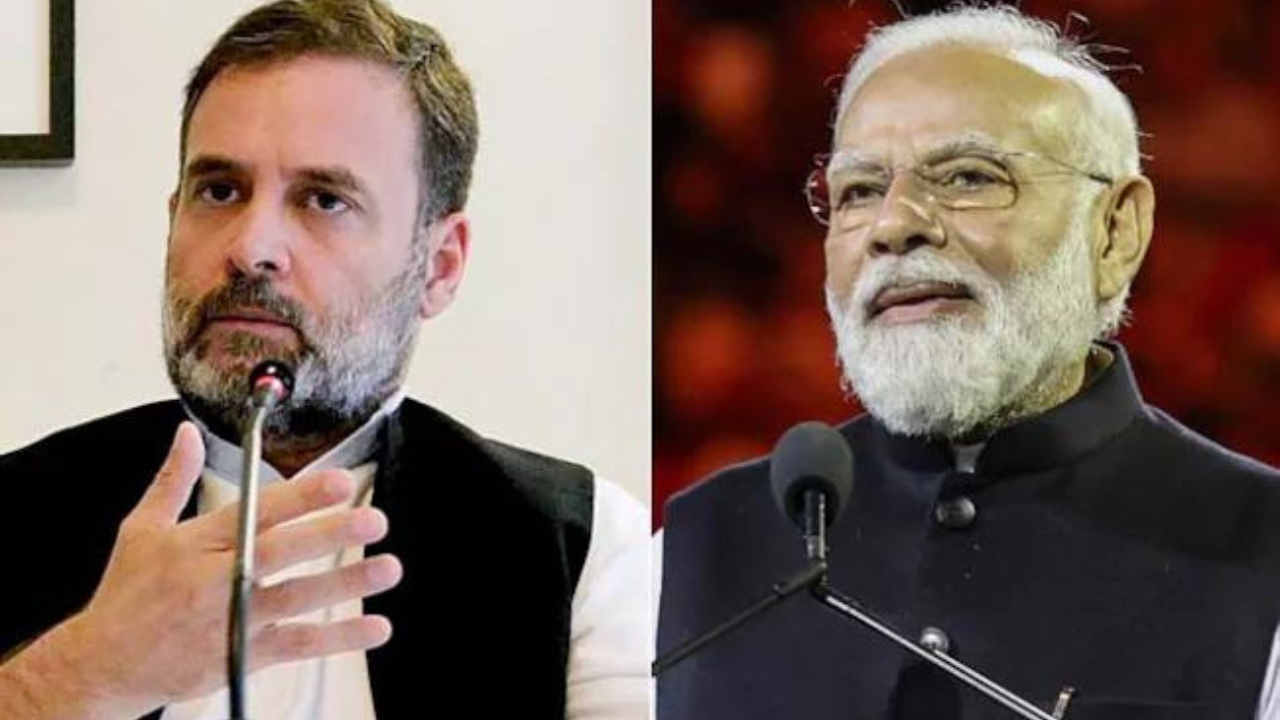
Geopolitical tensions have always played a critical role in shaping global markets, influencing everything from trade policies and currency values to commodity prices and investor sentiment. As we navigate the complexities of 2024, understanding the impact of these tensions is essential for businesses, investors, and policymakers. Here's an in-depth analysis of how geopolitical dynamics are affecting global markets and what to expect moving forward.
Trade Wars and Tariffs: Trade disputes, particularly between major economies like the US and China, can lead to the imposition of tariffs and trade barriers. These measures disrupt supply chains, increase costs for businesses, and result in price volatility for consumers.
Economic Sanctions: Sanctions imposed by one country on another can restrict trade and financial transactions. This can lead to shortages of goods, increased costs, and reduced market access for businesses operating in the sanctioned country.
Supply Chain Disruptions: Geopolitical tensions can cause significant disruptions in global supply chains. Businesses may face delays, increased costs, and the need to find alternative suppliers, impacting their operations and profitability.
Currency Volatility: Geopolitical instability often leads to fluctuations in currency values. Investors seeking safe havens may flock to stable currencies like the US dollar, Swiss franc, or Japanese yen, causing shifts in exchange rates and impacting international trade.
Stock Market Reactions: Financial markets are highly sensitive to geopolitical events. News of political unrest, conflicts, or diplomatic tensions can lead to market volatility, with stock prices reacting to both real and perceived risks.
Investor Sentiment: Geopolitical tensions can influence investor sentiment, leading to increased risk aversion. This may result in a shift from equities to safer assets like gold or government bonds, affecting market dynamics and investment strategies.
Oil and Energy Markets: Geopolitical tensions, particularly in key oil-producing regions like the Middle East, can significantly impact oil prices. Conflicts, sanctions, or political instability can lead to supply disruptions, causing price spikes and affecting global energy markets.
Agricultural Commodities: Trade policies and geopolitical disputes can also impact agricultural markets. Tariffs, trade restrictions, and sanctions can alter the flow of agricultural products, affecting prices and availability in global markets.
Raw Materials and Metals: The mining and metals sector is similarly affected by geopolitical dynamics. Conflicts, regulatory changes, and trade restrictions can impact the supply and pricing of critical raw materials and metals.
Military Conflicts: Armed conflicts in strategic regions can disrupt trade routes, impact global supply chains, and create uncertainty in financial markets. Businesses operating in or reliant on these regions must navigate heightened risks and potential disruptions.
Political Instability: Political instability in key economies can lead to changes in government policies, regulatory environments, and economic strategies. This unpredictability can create challenges for businesses and investors, impacting long-term planning and investment decisions.
Cybersecurity Threats: Geopolitical tensions often lead to an increase in cyberattacks targeting critical infrastructure, businesses, and government institutions. These threats can cause significant financial and operational damage, highlighting the need for robust cybersecurity measures.
Diversification: To mitigate the impact of geopolitical risks, investors often diversify their portfolios across different regions, asset classes, and industries. This strategy helps spread risk and reduce exposure to any single geopolitical event.
Hedging: Businesses and investors use hedging strategies to protect against currency fluctuations, commodity price changes, and other risks associated with geopolitical tensions. Instruments like futures contracts, options, and swaps can provide a buffer against market volatility.
Political Risk Insurance: Companies operating in politically unstable regions may purchase political risk insurance to protect against losses from events like expropriation, nationalization, or political violence. This insurance can provide financial security and support business continuity.
International Cooperation: Despite geopolitical tensions, international cooperation remains crucial for addressing global challenges like climate change, health pandemics, and economic inequality. Collaborative efforts can help stabilize markets and promote sustainable growth.
Trade Agreements: Bilateral and multilateral trade agreements play a key role in shaping global trade dynamics. These agreements can mitigate the impact of geopolitical tensions by establishing clear rules and frameworks for international trade and investment.
Global Organizations: Institutions like the World Trade Organization (WTO), International Monetary Fund (IMF), and United Nations (UN) work to promote stability, resolve disputes, and facilitate economic cooperation. Their role in mitigating geopolitical risks and fostering global economic integration is essential.
Geopolitical tensions have a profound impact on global markets, influencing trade, investment, and economic stability. As these tensions continue to evolve, businesses and investors must stay informed and adopt strategies to navigate the uncertainties. By understanding the key trends and implementing effective risk management practices, stakeholders can better position themselves to thrive in a complex and dynamic global environment.
#trending #latest #business

How [Athlete's Name] Is Changing the Game On and Off the Field...Read More.

The Impact of Social Media on Today's Top Athletes...Read More.
 Top 10 Fashion Trends for Summer 2024
Top 10 Fashion Trends for Summer 2024
Top 10 Fashion Trends for Summer 2024
 India Decides: Latest Updates on General Election Results 2024
India Decides: Latest Updates on General Election Results 2024
Stay Informed with Real-Time Coverage and Analysis
 Mallikarjun Kharge's suggestion of "new partners" hints at potential shifts in coalition dynamics regarding government formation.
Mallikarjun Kharge's suggestion of "new partners" hints at potential shifts in coalition dynamics regarding government formation.
Both the TDP and the JDU have been allies of the Congress in the past.
 UP Election 2024 Results Highlights: Major Upset for BJP-Led NDA as INDIA Bloc Secures Significant Victory
UP Election 2024 Results Highlights: Major Upset for BJP-Led NDA as INDIA Bloc Secures Significant Victory
India's most politically significant state, Uttar Pradesh, became the arena for a fierce showdown be
 Election Results 2024 Highlights: Celebrations at BJP Headquarters as NDA Prepares for 3rd Term, INDIA Alliance Makes Strong Showing
Election Results 2024 Highlights: Celebrations at BJP Headquarters as NDA Prepares for 3rd Term, INDIA Alliance Makes Strong Showing
2024 Election Results Highlights: Poll Pundits Predicted a Third Term for PM Narendra Modi, but BJP'
How [Athlete's Name] Is Changing the Game On and Off the Field

How [Athlete's Name] Is Changing the Game On and Off the Field
The Impact of Social Media on Today's Top Athletes

The Impact of Social Media on Today's Top Athletes
Off the Court: [Athlete's Name]'s Ventures Beyond Sports

Off the Court: [Athlete's Name]'s Ventures Beyond Sports
The Most Iconic Moments in [Athlete's Name]'s Career

The Most Iconic Moments in [Athlete's Name]'s Career
How [Athlete's Name] Balances Fame and Family Life

How [Athlete's Name] Balances Fame and Family Life
The Style Game: How Athletes Are Setting Fashion Trends

The Style Game: How Athletes Are Setting Fashion Trends
From Injury to Victory: Comeback Stories of Elite Athletes

From Injury to Victory: Comeback Stories of Elite Athletes
The Ultimate Fitness Routine: How [Athlete's Name] Stays in Shape

The Ultimate Fitness Routine: How [Athlete's Name] Stays in Shape
Inside the Mind of a Champion: [Athlete's Name]'s Winning Mentality

Inside the Mind of a Champion: [Athlete's Name]'s Winning Mentality
Beyond the Field: The Charitable Work of [Athlete's Name]

Beyond the Field: The Charitable Work of [Athlete's Name]
Legends in the Making: The Next Generation of Sports Icons

Legends in the Making: The Next Generation of Sports Icons
Trailblazers: Female Athletes Who Are Dominating the Sports World

Trailblazers: Female Athletes Who Are Dominating the Sports World
The Evolution of [Sport]: How Athletes Have Changed the Game

The Evolution of [Sport]: How Athletes Have Changed the Game
Breaking Barriers: Athletes Who Redefined the GameBreaking Barriers: Athletes Who Redefined the Game

Breaking Barriers: Athletes Who Redefined the Game
The Secrets to [Athlete's Name]'s Training Regimen

The Secrets to [Athlete's Name]'s Training Regimen
From Rookie to Pro: The Inspiring Journey of [Athlete's Name]

From Rookie to Pro: The Inspiring Journey of [Athlete's Name]
Behind the Scenes: A Day in the Life of [Athlete's Name]

Behind the Scenes: A Day in the Life of [Athlete's Name]
Plot no 90, Ganpativilla, sahibabad Ghaziabad UP 201005
+91 8585968676
info@trendingblogsea.com
© techtell. All Rights Reserved.